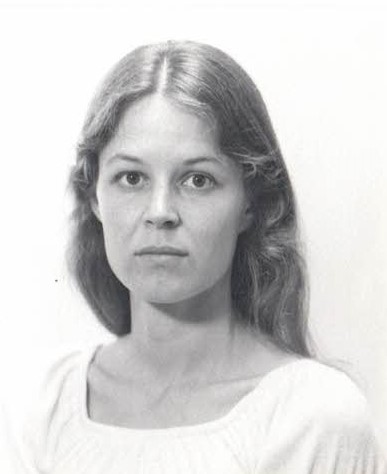1. What was a significant location on campus for you? Why?
The cafeteria at the Graduate College where I met many graduate students whom I found intriguing because of their very focused and committed intellectual lives. This included many Woodrow Wilson School students (MPA), philosopy students, physicists and astrophysicists, grad students in Near Eastern studies. I actually spent little time with undergrads. We CL women went in quite different directions, were very independent, and there was very little structure to bring us together. Because I was often in NYC visiting my then boyfriend (later my spouse) and when on campus spent most of my free time with graduate students – a tendency amplified when the boyfriend started at the (then) Wilson School, I never developed many relations with my classmates.
2. What was a defining (or pivotal) moment of your life?
A summer home-stay with American Field Service (AFS) in Egypt 1965. This fascinating exposure was the source of my long-term interest in the Middle East and Arabic, which took me to Princeton and continues in my volunteer efforts today with Palestinian human rights and countering Islamophobia. I think the time in
Egypt also opened my mind in significant ways to different ways of living and thinking. It reinforced the open- mindedness that my family life had nurtured. And at a time when Americans were not traveling as much beyond Europe, it was truly a life-changing exposure.
3. How did your personal identity shape your Princeton experience?
I suspect that my general independence made it easier to navigate a situation in which there wasn’t a great deal of institutional structure.

4. If you could relive your time at Princeton, what would you do differently?
I don’t think I appreciated how I might have taken greater advantage of the focus on undergraduate teaching and created a more independent and individualized academic career while there. I might have established more relationships with professors and guided my own education to a greater extent.
5. If you could relive your time at Princeton, what would you keep the same?
Despite the fact that my orientation toward grad students probably deflected more time with undergrads, it was intellectually a super interesting experience.
